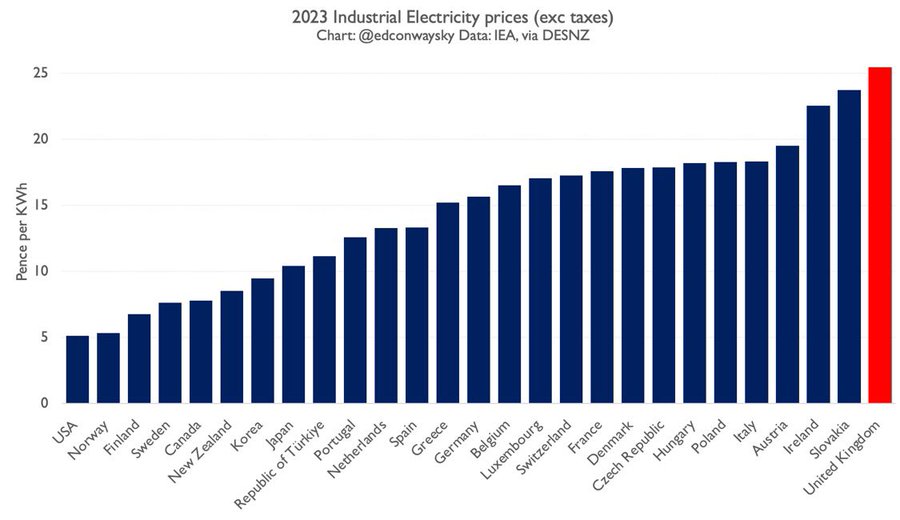The sages of the Victorian period believed in the consummation of human virtue. Progress became something that was measurable by statistics. Thus the twentieth century was the logical sequel to its predecessor; at the beginning, the conquest of natural forces, the increase of scientific inventions, the widespread co-operation in the betterment of human life, and the obviously improving amenities of European society all joined in giving the promise of a better day. Suddenly, in sheer mockery of all these high hopes, came the Great War, when the insanity of nationalism drove the so-called civilized peoples into the obscene savagery of wholesale murder, in which the very finest of our youth, the leaders of their generation, were sent to the shambles ruthlessly. All that was best in the modern world, its noblest manhood and its highest morality, was sacrificed in the hideous conflict; and civilized man, as he had proudly called himself, looked over the edge of an abyss that seemed ready to engulf him and all his works. After four agonizing years the carnage was stayed, and a disillusioned world picked up anew the threads of an orderly existence, but not without a doubt and a question: Is this civilization? Whither are we going?
Civilization obviously is menaced by the misuse of the very products that were essential to its advancement. By aid of metals man made the tools by which he emerged from savagery and with which he constructed the machines that have given a bigger scope and a wider meaning to human life. From the dawn the digging of ore has played a leading part in the drama of humanity and no one has more cause than the miner to deplore the misuse of the products of his skilful toil. The sword was made before the ploughshare, the spear was fashioned before the chisel. The maleficent use of metals has preceded the beneficent use of them. The perversity of mankind has turned a blessing into a curse. Shall we mend our ways or go with the Gadarene swine down the steep slope of perdition?
The history of mining, like all other history thunders a warning. Those that live by the sword shall die by the sword. The Assyrian trampled upon the Egyptian, the Persian on the Assyrian, the Greek on the Persian, the Roman on the Greek. As they did in ancient times, so we, more civilized, as we deem ourselves, have done in later times. History is a philosophy that teaches by example. We have more examples than our predecessors; shall we heed them no better, more particularly the latest of them, which brought us to the very brink of perdition; or shall we too join the great discard of those that were weighed and found wanting? The finger of history, like that of Daniel before Belshazzar, bids us beware lest we too go the way of Nineveh, and our civilization, like its many proud forerunners, be destroyed by the forces it created but could not curb, by a demon it might invoke but could not exorcize.
T.A. Rickard, Man and Metals: A History of Mining in Relation to the Development of Civilization (1932)

